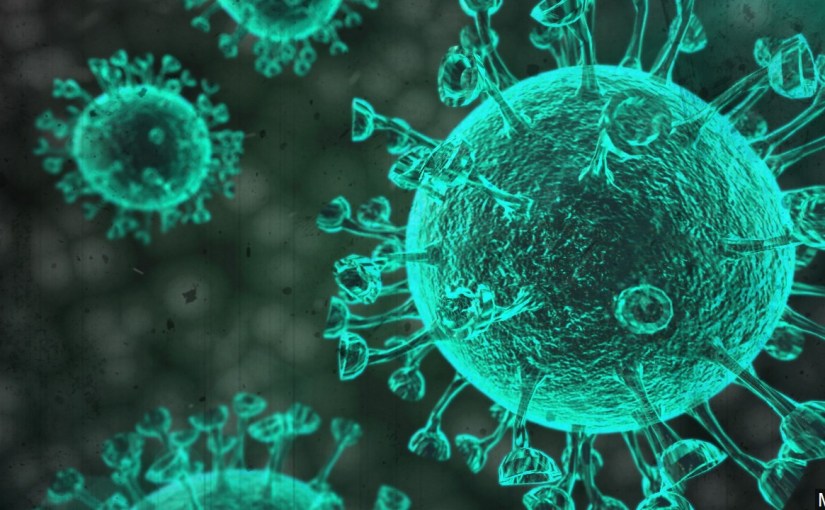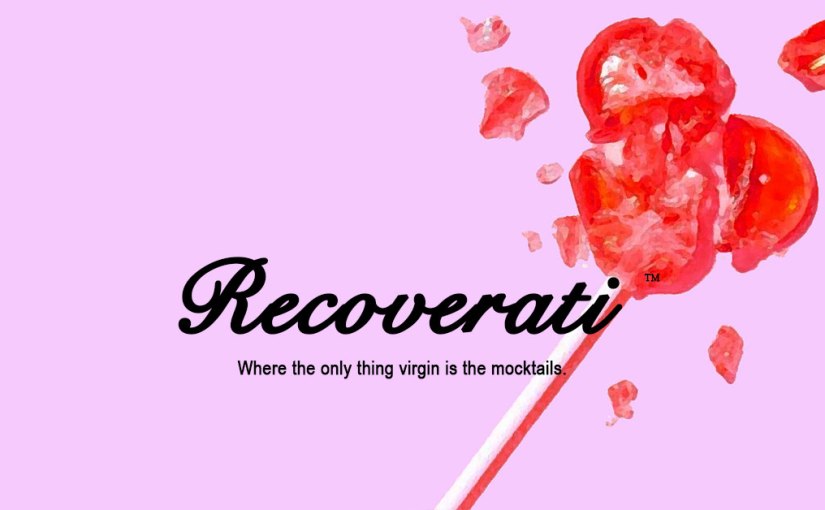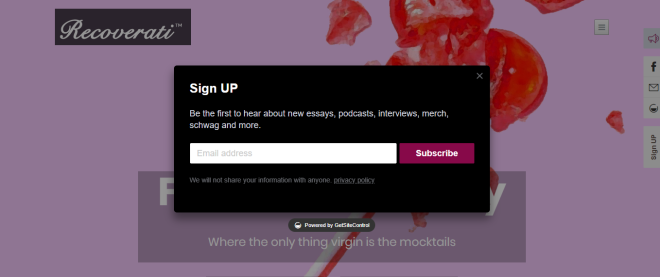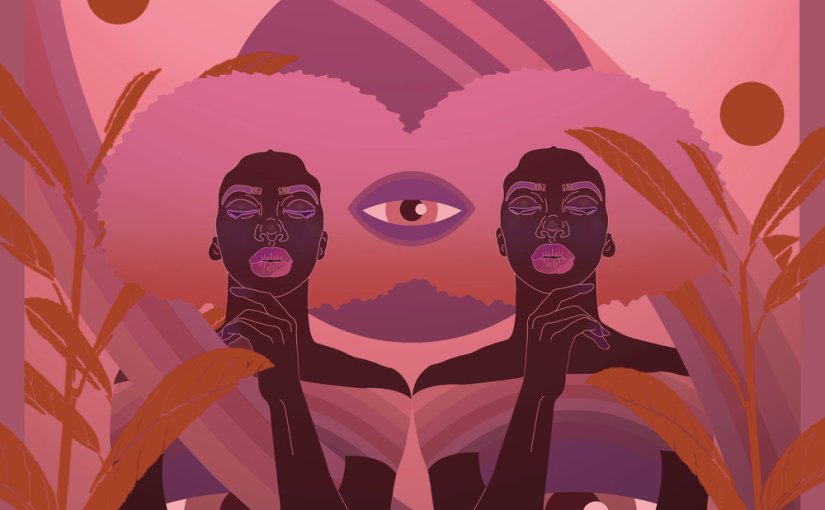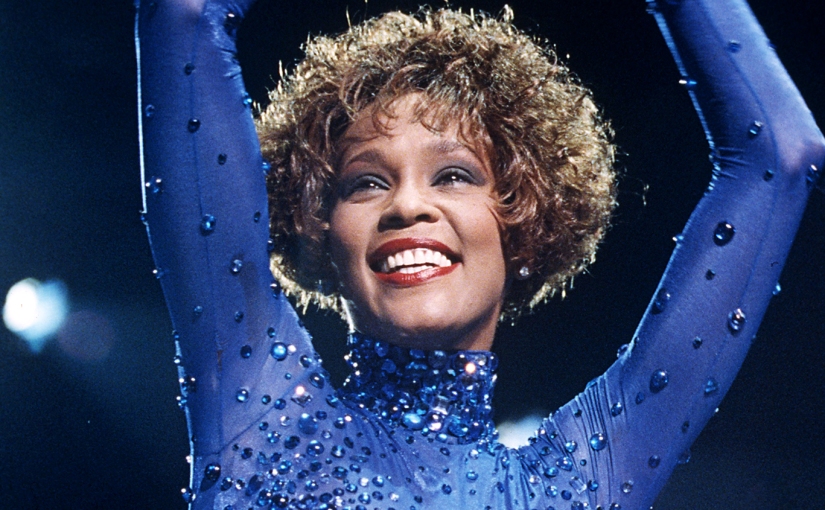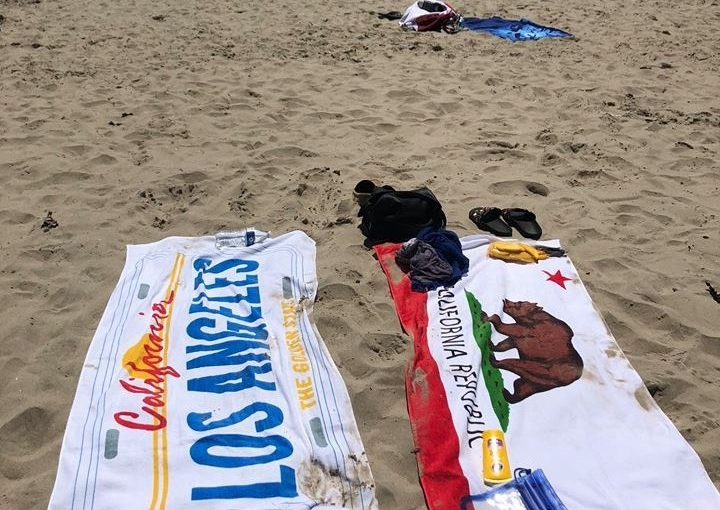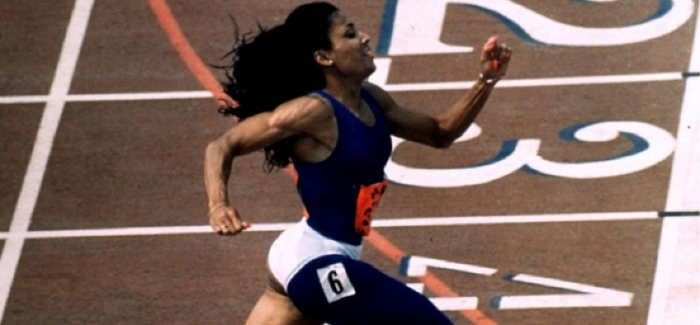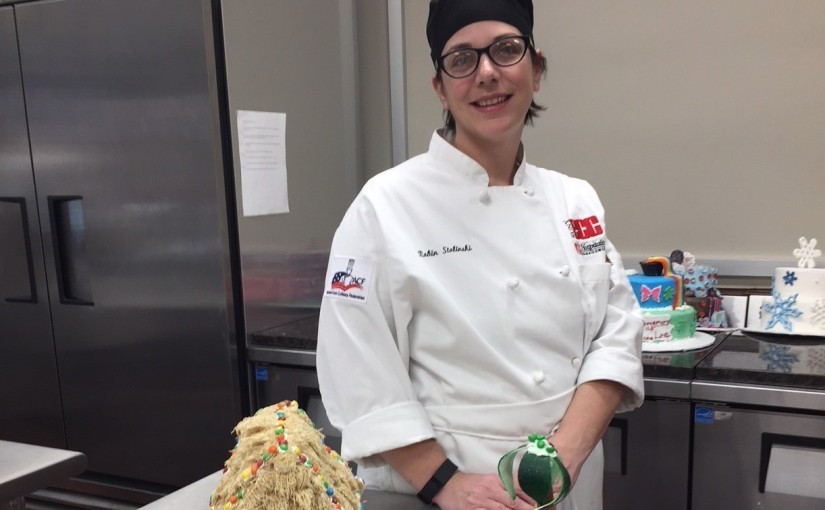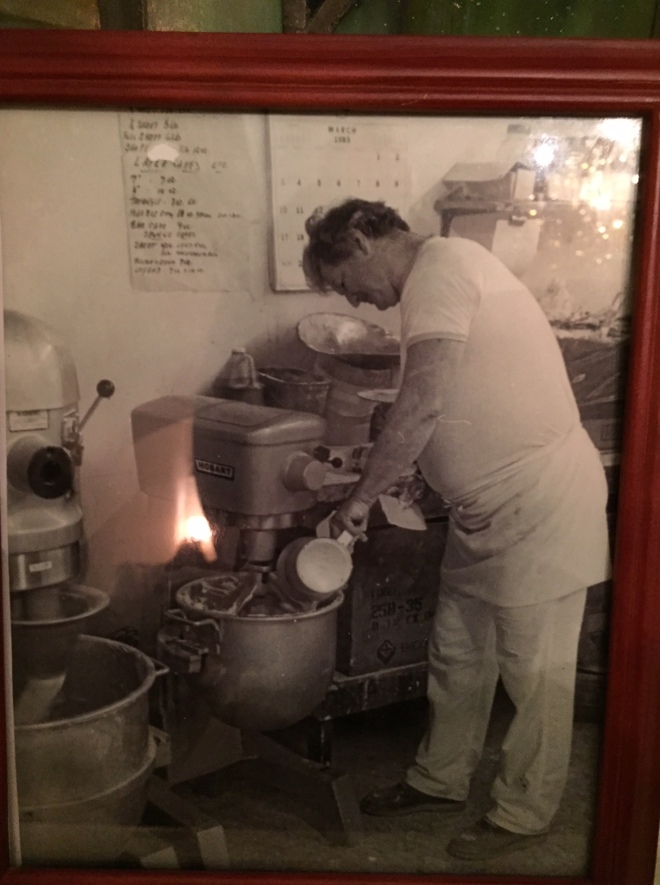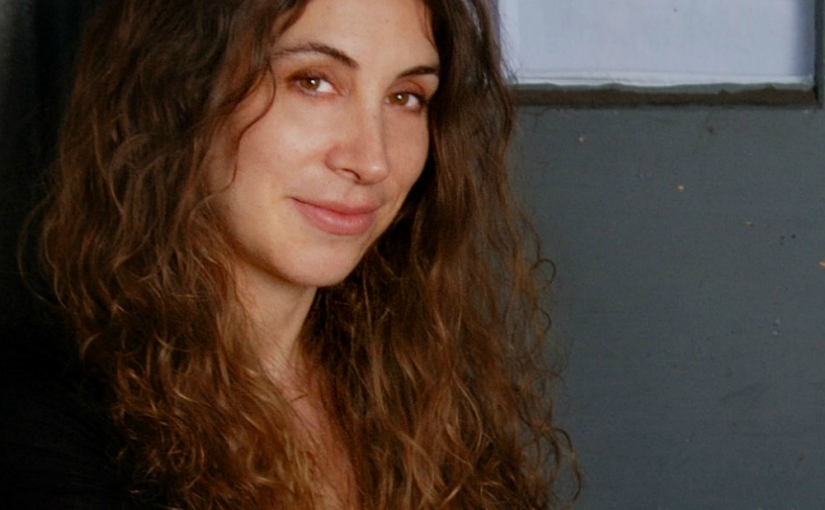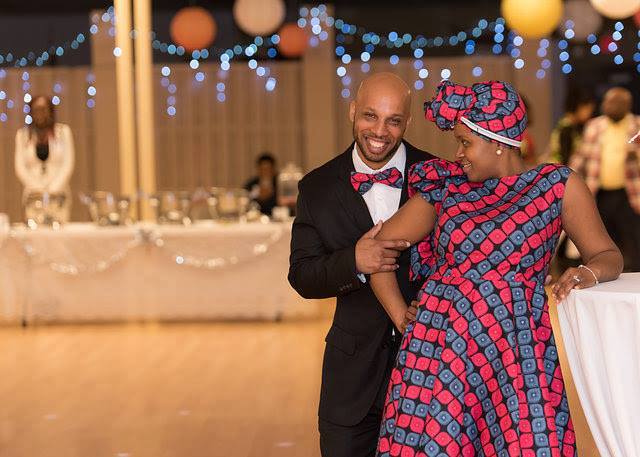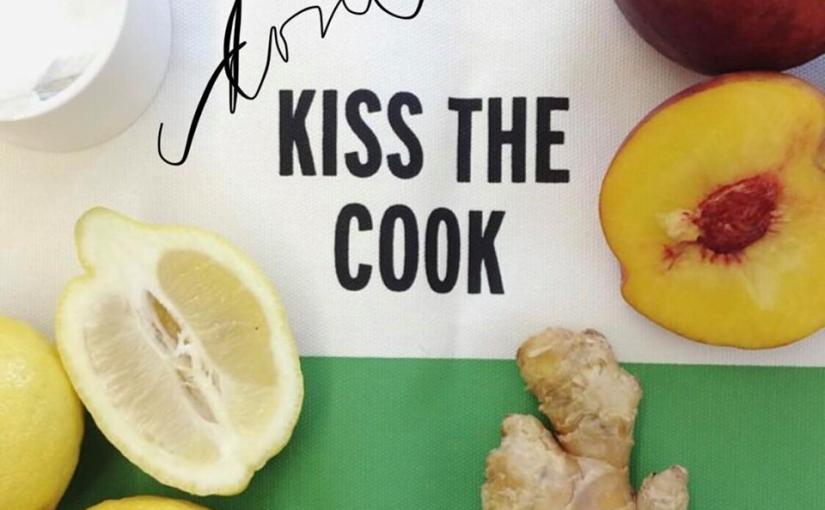I made it 1/4 of the way through Gabriel García Márquez’s novel Love in the Time of Cholera during college before I set my copy down never to return to it again. I mispronounced cholera for the duration of my time between those covers. The way I said it, ignorance sounded like ko-LEH-rah. I don’t do fiction, and my friends argue how absurd it is that I reject new and colorful worlds in favor of books that refuse to offer a brighter reality besides the one we are in right now. You’d think that favoring non-fiction would offer me better information about such a devastating disease like cholera, not to mention how to properly pronounce the word.
Since the winter, I’ve returned to browsing movie selections from the 90’s where I’ve repeatedly considered Outbreak then went on living my life instead. I suppose my imagination has not had the patience or bandwidth to process large-scale, global and altogether fictional health crises. Why would it? As recently as January and February of this year, the world and our healthcare system continued to exist just fine within their normal levels of dysfunction. It seems only natural to take for granted the scientific method, PPE, or the internet in anticipation of a time like this.
I haven’t written anything for this site in all of 2019. I made the determination that it would be better for me to jump with both feet back into my career as a full-time political campaign operative. That, and it took about three rounds of ADHD medication trial runs to see what would ultimately help me focus on something. I can’t ignore the compulsion to write, now that we are quarantined, nor would I want to. My self-critical nature is at peak capacity, so I’ll get shit done while the rest of my psyche is distracted with all the things I could be doing.
What you missed, in a boxy word cloud:
the precipitous fall of the middle class / reproductive health under siege / Virginia state races clocking in at an unprecedented 2 million on campaign expenditures / sober being possible, even probable during election season / i’m somebody’s boss now (actually, two somebodies) / buying a house / adopting another dog / lots of HIIT classes / being sober six years / Fleabag.
I don’t know why it took me so long to get back to writing. I think it was a mixture of habit, an over reliance on my job to prop up my self-esteem, insecurity that I would not have more to talk about, and the classic “I’ll get to it when I’m not so busy” line at the fore. Whatever the case was, it no longer is. Looks like the responsible thing to do for my creativity and posterity is to write down what I consider the day to day, mundane thoughts that I will look back on in 40 years to help people see how asymptomatic individuals, who either had COVID or didn’t, decided whether or not to self-quarantine. Mostly, who learned how to make bread at home. The racial disparities we already knew existed seem more evident than ever before. People who can’t afford to stay home are automatically at more of a risk than the rest of us. At this point, the only non-essential person I know is the one who refuses to stay home when given an actual choice to do so.
Being a person in recovery during this phase of social distancing makes me feel similar to my first few months as a sober person: light-headed, agitated and defiant. It is unclear what I am defying at this time, besides the social niceties that ask only for basic personal grooming. I work out every day instead of anger-journaling when I’m not even mad. Somehow, I roped myself into being of service to my 12-step group simply by having a jump on Zoom tech because of work. I’ve seen three people cry on screen in the past two weeks, and one of them was me. It feels like everyone is a newcomer these days. The entire world is subject to similar models for disease control and prevention. Whether or not we all agree that addiction also qualifies as a disease ceases to matter when so many lives are on the line or on pause. What addiction and COVID-19 have in common is the most devastating and deadly aspects of both are largely invisible.
I empathize with all of the people in recovery who rely on in-person meetings to stay connected and accountable. In my opinion, how we are now at the level of self-isolation is similar to what hitting bottom looks like–a state of being that normal people without addiction or alcoholism might otherwise never experience.
And so, I am here to connect with anyone who reads this and recognizes the clawing, obstinate and repetitive voice telling them there is no point to staying sober. There are millions of us tuning in to connect with you, even when you’re 3,000 miles away.
